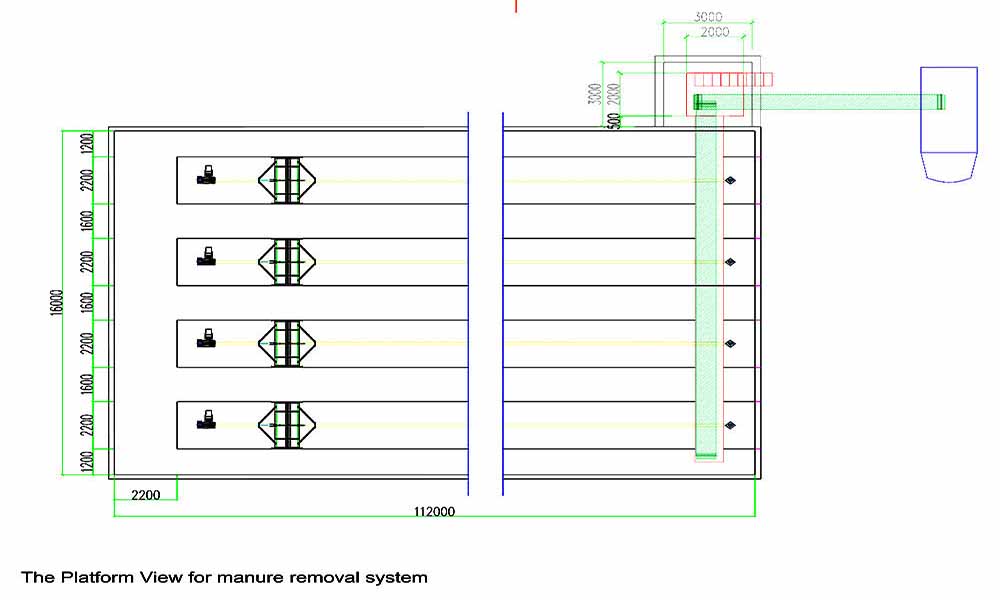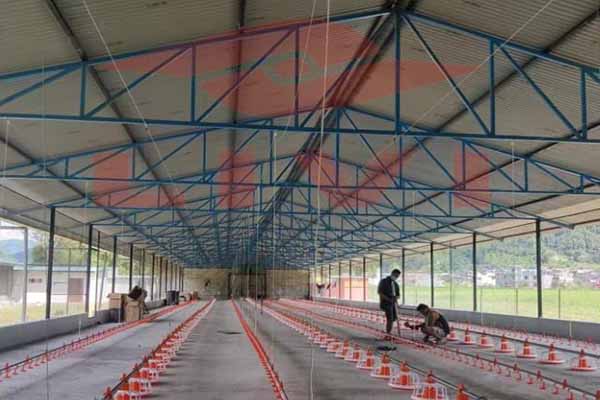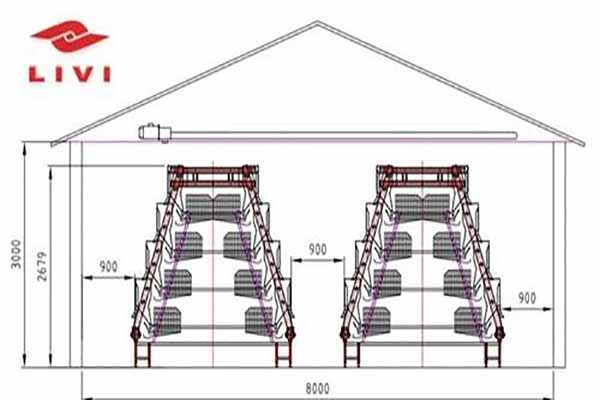The Ultimate Guide to Buying Laying Cages for Sale: A Professional’s Perspective
Time : 2025-06-27
Welcome to the comprehensive guide on buying laying cages for sale. As professionals in the poultry industry, we understand the importance of choosing the right equipment for your flock. Laying cages are essential for egg production and can greatly impact the health, comfort, and productivity of your hens. In this article, we will delve into the key aspects to consider when purchasing laying cages for sale, ensuring you make an informed decision.
Understanding Laying Cages
Laying cages are designed specifically for housing hens to lay eggs efficiently. These cages typically consist of a flat floor and a grated bottom for egg collection. Here’s a closer look at the different types and features available in the market.
Type of Laying Cages
There are several types of laying cages for sale, each catering to different farming needs and budgets:
- Vertical Laying Cages: These cages stack on top of each other vertically, optimizing space usage in your farm. They are ideal for intensive farming operations.
- Horizontal Laying Cages: These are wider and can accommodate more hens. They provide a more spacious environment, but they may take up more floor space.
- Mobile Laying Cages: These cages can be moved around the farm easily, allowing for better management of the flock and egg collection.
Key Features to Consider
When choosing laying cages for sale, several features should be considered to ensure the best possible conditions for your hens:

- Egg Collection System: Look for a system that is easy to clean and reduces the risk of egg breakage. Automated systems can significantly increase efficiency.
- Airflow: Adequate airflow is crucial for maintaining a comfortable environment and reducing the risk of respiratory issues in hens.
- Comfortable Nesting Areas: Hens need a safe and private space to lay eggs. Ensure the cages provide sufficient nesting boxes.
- Easy Maintenance: Choose cages that are easy to clean and maintain to keep your flock healthy and prevent the spread of diseases.
Quality and Durability
Investing in high-quality laying cages is essential for long-term profitability and animal welfare. Here are some tips to ensure you are purchasing durable and reliable cages:
Material
The material used in laying cages is a crucial factor. Steel is a popular choice due to its durability and resistance to rust. Ensure the manufacturer uses high-quality steel for the cage construction.
Bonding and Welding
Professional bonding and welding techniques are vital for the structural integrity of the cages. Check that the manufacturer adheres to these standards to ensure the longevity of the product.
Surface Coating
A good surface coating will protect the steel from rust and corrosion, ensuring the cages remain in excellent condition over time. Powder coating is a common and effective choice.
Cost and Budget
Budget is an important consideration when purchasing laying cages for sale. While it’s tempting to go for the cheapest option, remember that investing in quality can lead to cost savings in the long run. Here’s how to balance cost and quality:
Research and Compare
Compare prices and features from different suppliers to find the best value for your money. Look for reputable manufacturers who offer competitive pricing without compromising on quality.
Long-Term Cost
Consider the long-term costs of maintenance, repairs, and potential replacement when making your decision. Investing in higher-quality cages can save you money in the long run by reducing maintenance needs.
Installation and Maintenance
Proper installation and regular maintenance are key to maximizing the lifespan and performance of your laying cages.
Installation
Follow the manufacturer’s instructions for installing the cages correctly. Ensure the installation is secure and meets safety standards to prevent accidents.
for installing the cages correctly. Ensure the installation is secure and meets safety standards to prevent accidents.
Maintenance
Regularly clean the cages to prevent the build-up of dust, droppings, and feathers. Check for signs of wear and tear, and repair or replace any damaged parts promptly.
Health and Welfare
The health and welfare of your hens should always be a top priority. Properly designed and maintained laying cages can contrib ute significantly to a healthy flock.
ute significantly to a healthy flock.
Environmental Conditions
Ensure the laying cages are in a well-ventilated area to maintain optimal temperature and humidity levels. Avoid placing the cages in direct sunlight or areas with excessive dust.
Lifestyle and Comfort
Choose laying cages that provide comfortable resting spaces, easy access to feed and water, and opportunities for movement to prevent boredom and stress in your hens.
Conclusion
Investing in the right laying cages for sale is crucial for the success of your poultry operation. By considering the type, features, quality, and cost, as well as ensuring proper installation and maintenance, you can create an ideal environment for your hens to thrive.











